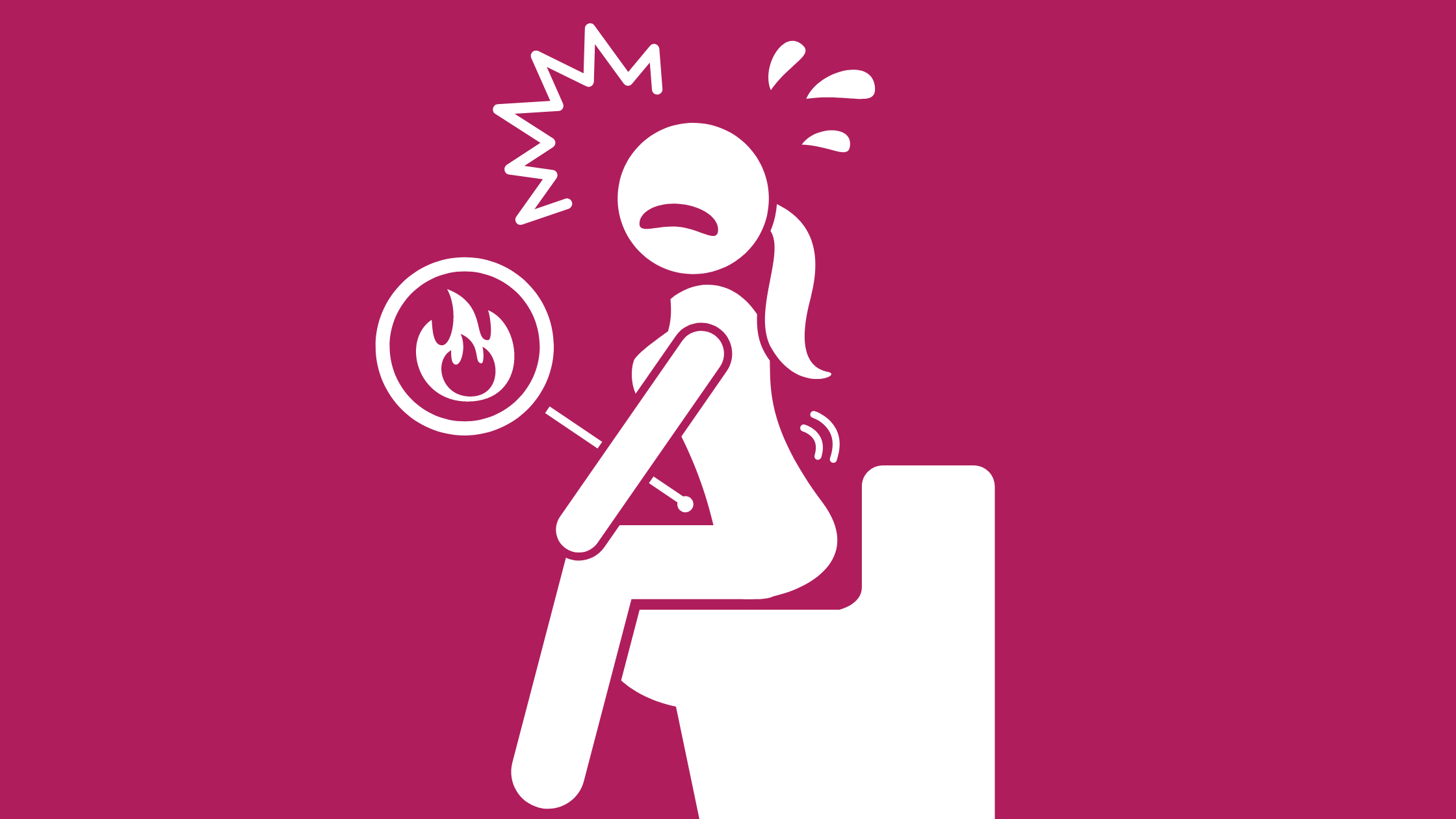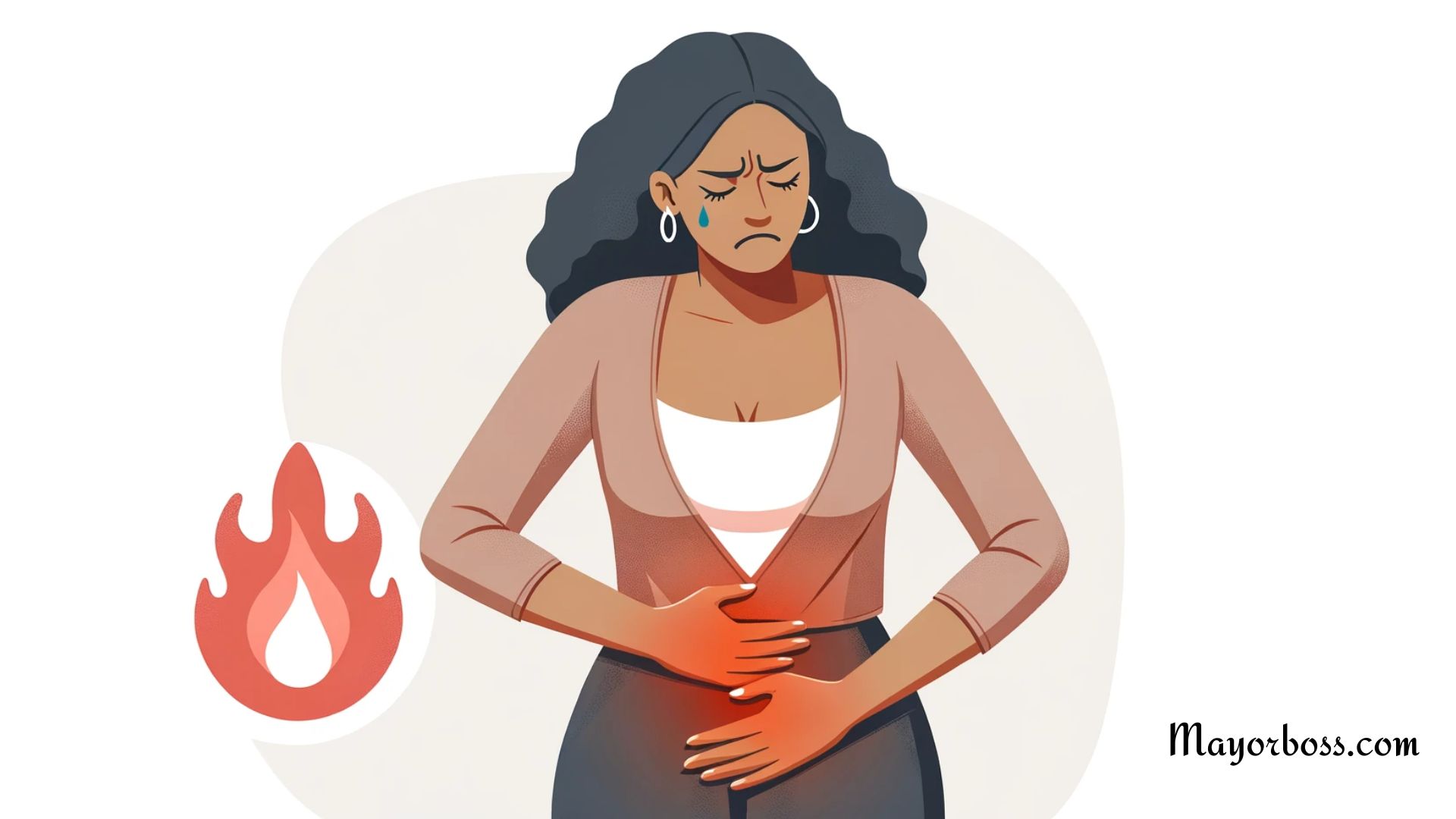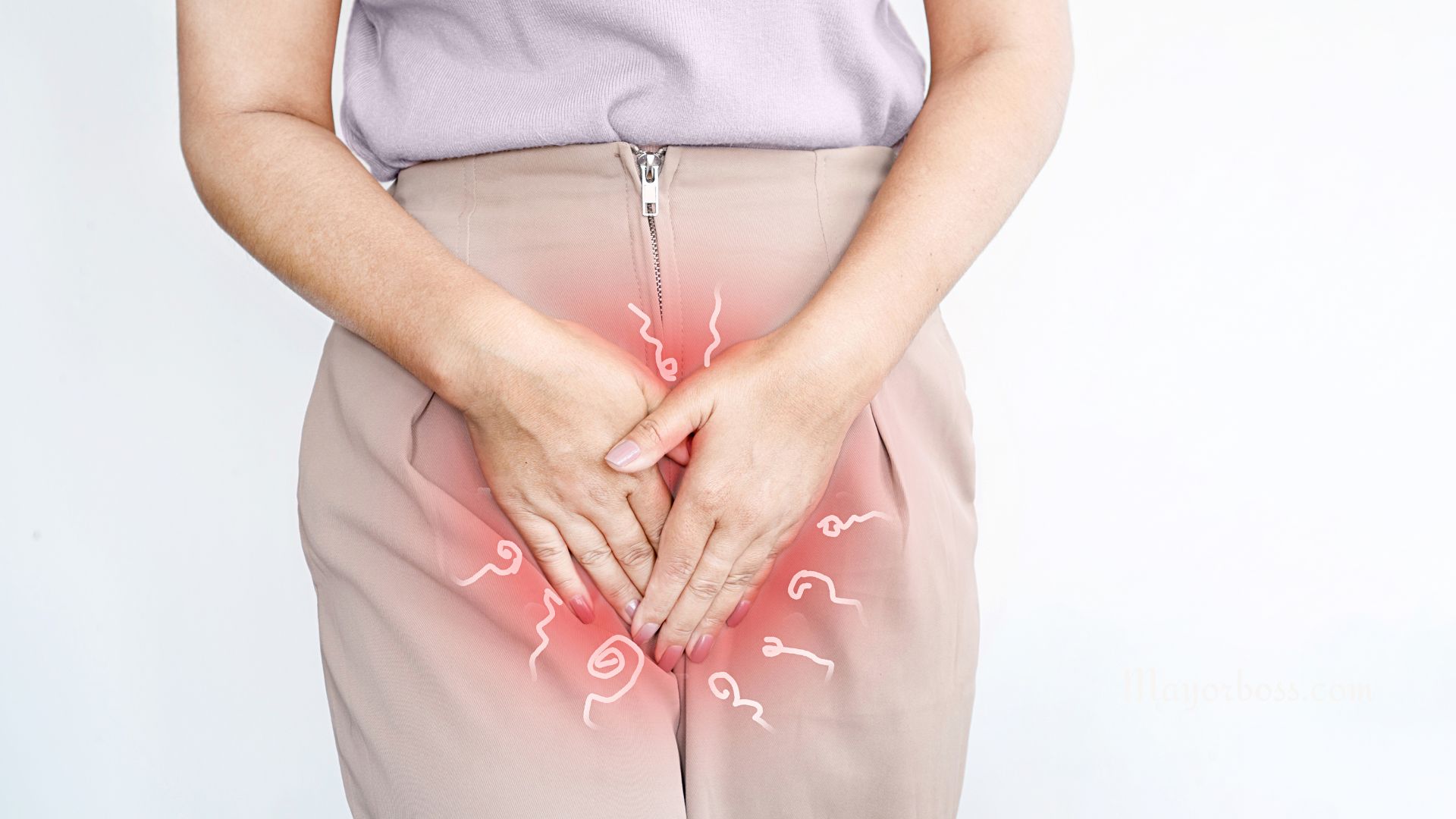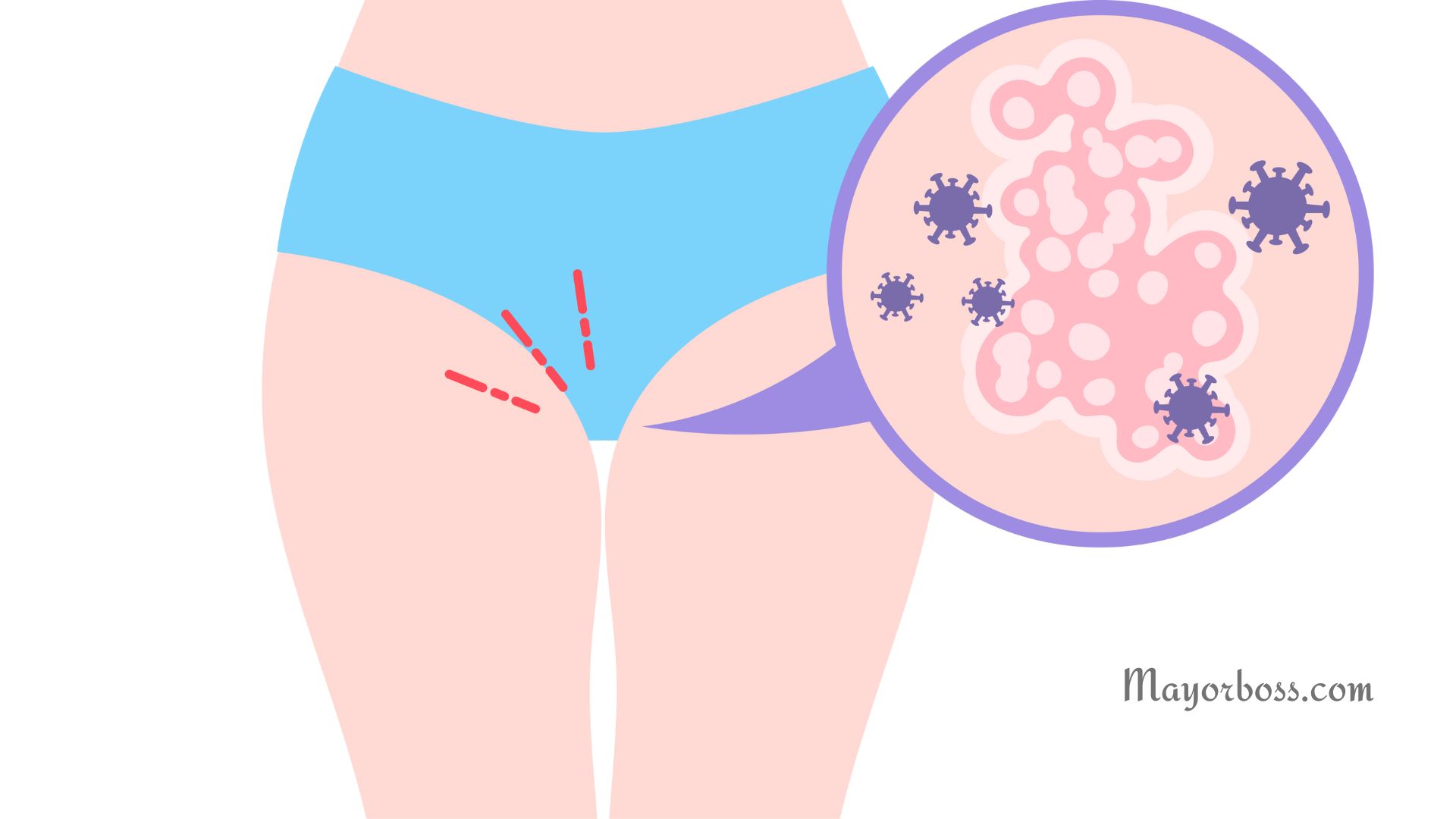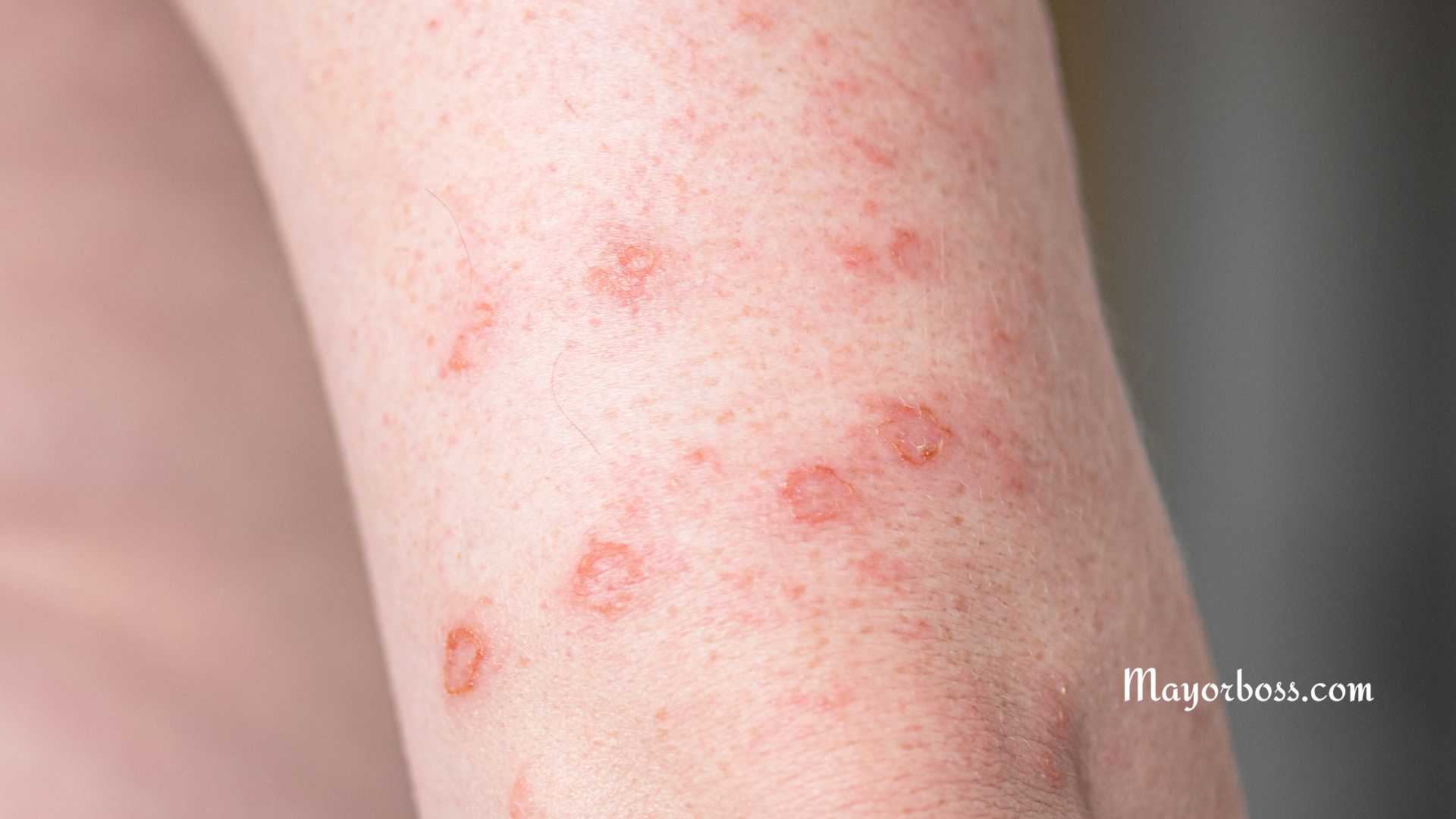Gonorrhea: What You Need to Know
Gonorrhea is a sexually transmitted infection (STI) (also generally known as a sexually transmitted disease (STD)). In particular, it is caused by the Neisseria gonorrhoeae bacterium. Gonorrhea can infect both men and women and often shows no symptoms. When symptoms do appear, they can include painful urination and abnormal discharge. The good news is that gonorrhea is treatable with antibiotics, but it can cause serious health problems if left untreated.
What Is Gonorrhea?
Gonorrhea is an STI that spreads through sexual contact. You can contract gonorrhea if you have unprotected sex with an infected person. It is a common infection, especially among young adults, and can have serious consequences if not treated promptly. If you are sexually active, it’s important to know about this infection to protect your health and the health of your partners.

What are the Symptoms of Gonorrhea?
For many people, gonorrhea doesn’t show any symptoms. If symptoms do occur, they usually appear between one to 14 days after exposure to the infection.
In Men
- Pain or swelling of the testicles
- Burning sensation during urination
- White, yellow, or green discharge from the penis
In Women
- Abnormal vaginal discharge
- Painful urination
- Pain during intercourse
- Irregular menstrual bleeding
In Both Men and Women
- Anal itching or discharge
- Sore throat if the infection is in your throat
If you notice any of these symptoms, seek medical advice as soon as possible.
How Is It Transmitted?
Gonorrhea is transmitted through sexual contact with an infected person. This includes:
- Vaginal intercourse
- Anal intercourse
- Oral sex
- Sharing sex toys
Even if a person doesn’t have symptoms, they can still spread the infection.
Getting Tested
If you are sexually active, especially with multiple partners, regular testing is essential. Here’s why:
- Early detection helps in prompt treatment
- Prevents the spread to others
- Avoids serious health complications
Treatment
- Antibiotic medication is prescribed to kill Neisseria gonorrhoeae. The Centers for Disease Control and Prevention recommends Ceftriaxone injection. Also, doxycycline, cephalosporin, or azithromycin can help cure it in a few days.
- It’s vital that you take the entire prescribed course of antibiotics, even if symptoms disappear
- Notify your sexual partners so they can also be tested and treated if necessary
- Refrain from any sexual activity until the infection is completely cleared
Prevention
You can take several steps to protect yourself and your partners from gonorrhea:
- Use condoms or dental dams during sexual activity
- Have regular check-ups and STI screenings
- Communicate openly with your partners about your sexual history
What Happens if Gonorrhea is Left Untreated?
If you ignore the symptoms and fail to get treatment, gonorrhea can lead to severe health problems such as:
- Infertility in both men and women
- Increased risk of other STIs, including HIV
- Pregnancy complications in women
- Pelvic inflammatory disease (PID) in woman
- Infection in other parts of the body, including joints
- Inflammation of the prostate in men

